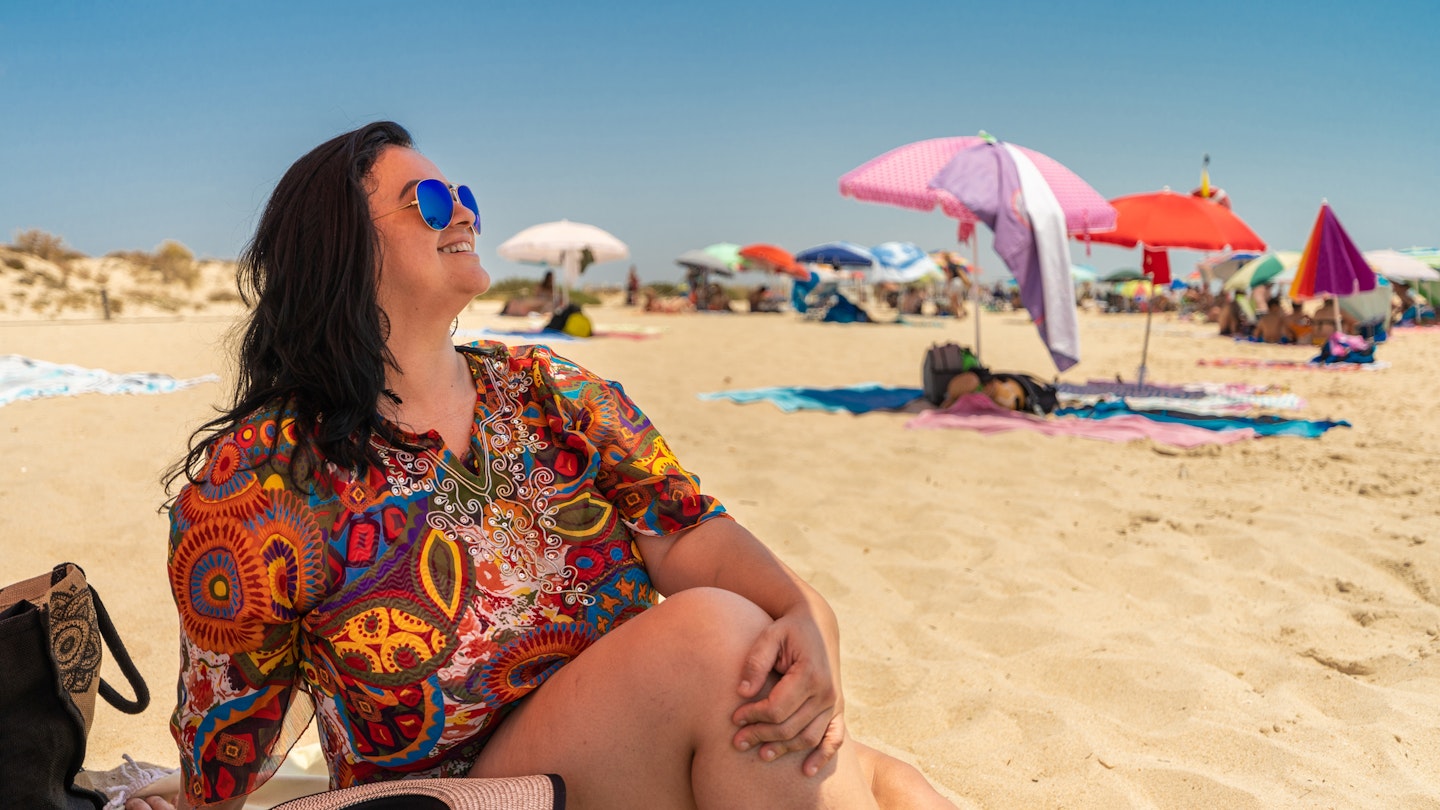Best Times to Visit the Algarve: Perfect Weather and Outdoor Adventures
The golden, cliff-backed beaches of the Algarve rank among the loveliest stretches of sand in Europe. Given the region’s obvious natural beauty—alongside great surfing, kayaking, and other aquatic activities—it’s no surprise that southern Portugal attracts many visitors.
Although temperatures vary from month to month, the Algarve enjoys reliable sunshine 300 days a year. Summertime experiences the biggest influx of visitors, while winter feels like a local affair; however, there are numerous activities happening regardless of when you choose to visit.
Recently, many resort towns in the Algarve have transformed, promoting the region as a year-round destination. Nevertheless, some places still close during the off-season, so it is essential to keep this in mind when planning your getaway. Here’s a detailed guide to the best times to explore the Algarve.
June to August: Perfect Weather Awaits
During the high season, the Algarve sizzles, prompting visitors to lounge on the beach and enjoy refreshing ocean dips—despite cold Atlantic currents, the sea rarely warms as much as in the Mediterranean. There’s minimal rainfall, and the skies remain nearly cloud-free throughout the summer peak. Festival season commences in June with events like Festival MED in Loulé.
In July and August—the Algarve’s hottest months—the average temperature hovers around 28°C (82°F), with some days reaching up to 40°C (104°F). Thankfully, cool ocean breezes keep evening temperatures around a comfortable 22°C (72°F), perfect for outdoor dining. Music festivals hosted on the beach draw considerable crowds, such as Afro Nation Portugal in Portimão, along with the enchanting candlelit culture festival at Mercado de Culturas à Luz das Velas in Lagoa.
August’s warmth makes it ideal for a dip in the refreshing Atlantic waters. It’s also a fantastic month for dolphin spotting via boat excursions. Local street food festivals in Portimão and seafood festivals in Olhão provide opportunities to mingle with locals while savoring delicious regional cuisines.
During peak tourism season, expect hotel prices to be at their highest and crowds to be substantial. If planning to travel during this time, advance arrangements are crucial. You’ll encounter busy beaches, but fewer touristy spots can still provide a sense of tranquility.
April to May and September to October: Adventure Awaits
The months of April to May and mid-September to October are the prime times for outdoor activities like hiking, horseback riding, and mountain biking. The sunny days are typically warm, with only a slight chance of drizzle, ensuring a comfortable temperature range. Easter in April marks the end of the off-season in the Algarve, where the region’s seaside towns come to life, lively processions add excitement, and Liberation Day (April 25) features fireworks and parades.
May, in particular, is excellent for exploration—whether embarking on a long trek along the 300km (186-mile) Via Algarviana or enjoying an afternoon stroll by the seaside. Day parties and dance workshops in Albufeira during the Kizomba Open Summer Festival promise a memorable experience.
Water temperatures in September are still pleasant, but the cooler air makes for enjoyable beach days with significantly fewer crowds compared to August. Experience the Flamenco Festival in Lagos or take part in birdwatching activities in October, as migrating species pass through on their way to Africa.
During these shoulder seasons, fewer visitors translate into up to 30% savings on lodging compared to the peak season. Moreover, April and May showcase vibrant wildflowers across the Algarve’s hills and coastal areas.
November to March: Budget-Friendly Travel
Visiting the Algarve during the off-season offers a different ambiance, highlighted by reduced crowds and a more authentic experience. Although temperatures drop, pleasant days abound, with average highs around 16°C (61°F), even in January and February. Most of the Algarve’s annual rainfall occurs in winter, but brief showers are common yet manageable.
In December, enjoy mild days with temperatures reaching around 17°C (62°F). The lead-up to Christmas features special markets and life-size nativity displays across towns, while January buzzes with cultural activities, including art exhibitions, theater performances, and winter film screenings in key cities such as Faro, Portimão, Lagos, Loulé, and Albufeira.
Cool February nights invite locals to enjoy live music and dance, creating a vibrant nightlife scene, particularly during the Carnaval celebrations. Spring’s arrival in March brings longer days and blooming flowers across the region, making it perfect for scenic walks.
In summary, the low season in the Algarve is an excellent time for outdoor activities, emphasizing leisurely strolls along the coastline rather than swimming in the ocean.




